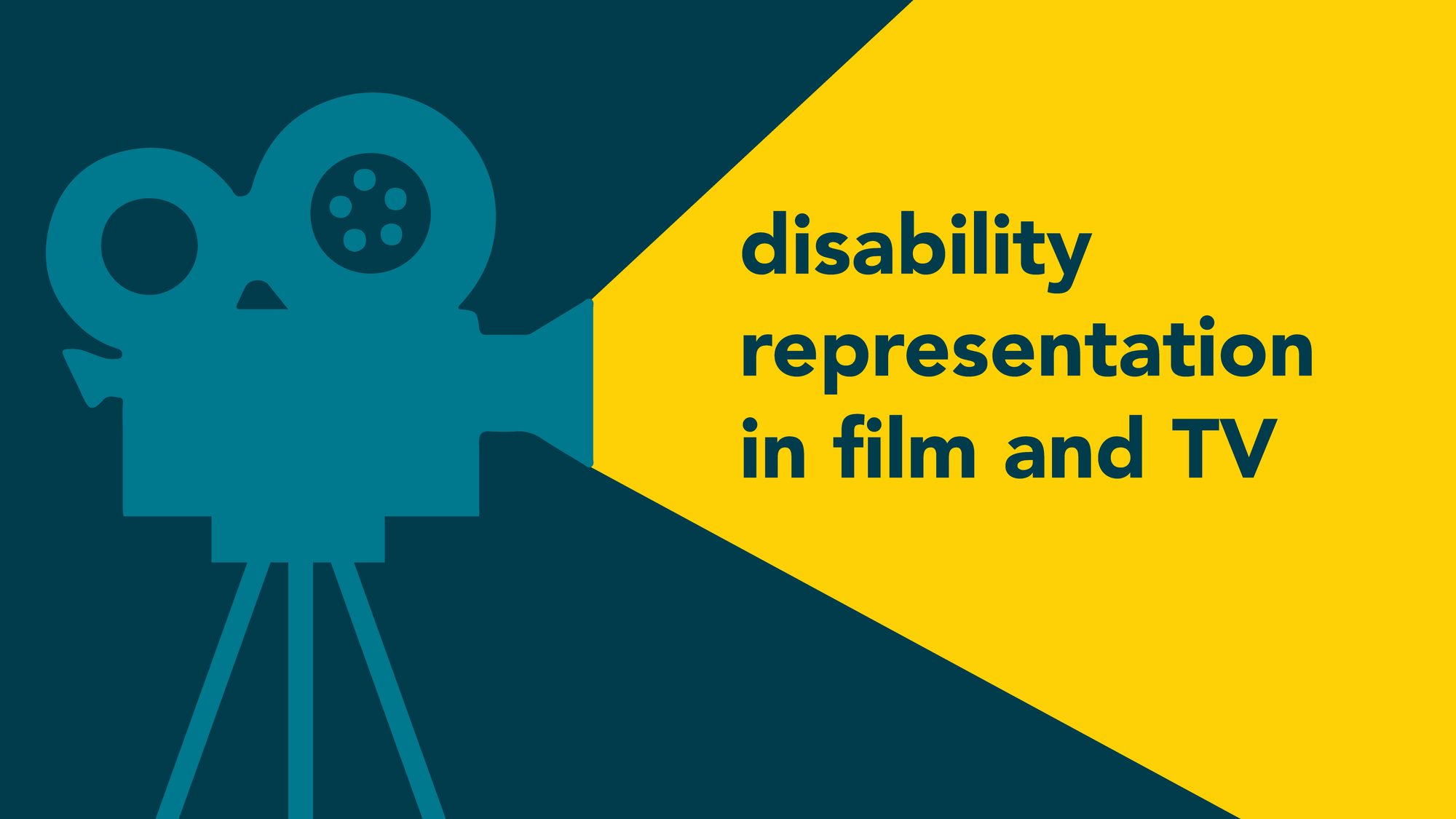Hey Spoonies! For far too long, people with disabilities have been overlooked or misrepresented on screen, leading to inaccurate portrayals of their experiences and perpetuating harmful stereotypes. In this blog post, we will examine the current state of disability representation in media and discuss the importance of increasing visibility and promoting a more accurate representation.
The Current State of Disability Representation in Media
Despite the increasing efforts to improve diversity and inclusion in the media, disability representation is still severely lacking. A 2020 study conducted by the Ruderman Family Foundation found that only 22% of characters with disabilities were portrayed authentically in the top 100 grossing films from 2019. Moreover, more than half of those portrayals were still performed by non-disabled actors. The study also found that characters with disabilities were often relegated to minor roles, and their stories were not given the same attention and depth as non-disabled characters.
The situation is not much better in television. According to a report by the US-based advocacy group RespectAbility, in the 2019-20 television season, only 3.5% of speaking characters had disabilities, and only 2.3% of those characters were regular cast members.
Examples of Positive and Negative Portrayals
Positive representation of disability in film and television can make a significant impact on how people with disabilities are perceived by the wider community. A great example of positive representation is the 2017 film "Wonder." The movie follows the story of a young boy with facial differences who attends a mainstream school for the first time. The film's portrayal of the protagonist's experiences and struggles is authentic and respectful, and it highlights the importance of empathy and inclusivity.
Another example of positive representation is the television show "Special." The show features a gay man with cerebral palsy, played by a disabled actor, and it explores his personal and professional life, including dating, work, and friendship. The show provides an authentic portrayal of life with a disability while breaking down stereotypes about disabled people and their capabilities.
On the other hand, negative portrayals of disability can perpetuate harmful stereotypes and misconceptions. The 2016 film "Me Before You" drew significant criticism for its portrayal of a quadriplegic man who chooses to end his life rather than living with a disability. The film was accused of promoting the idea that people with disabilities are better off dead, which is an extremely harmful and inaccurate message.
Why Accurate Representation of Disability in Media is Important
Accurate representation of disability in media plays a significant role in shaping public perception and attitudes towards individuals with disabilities. For far too long, people with disabilities have been misrepresented or not represented at all in the media, leading to harmful stereotypes and misunderstandings that perpetuate discrimination and exclusion.
When people with disabilities are portrayed in a realistic and positive manner, it can help break down negative stereotypes and misconceptions that have long been associated with disabilities. It can also promote greater understanding and empathy towards individuals with disabilities, and help society recognize the valuable contributions and unique perspectives that they bring to the table.
Moreover, accurate representation of disability in media can increase visibility and representation of disabled individuals in society, leading to more opportunities for education, employment, and social inclusion. By providing more visibility, media can help to break down barriers and increase access to opportunities that have long been denied to people with disabilities.
Conclusion
The representation of disability in film and television is crucial for promoting diversity and inclusion in the media. While there have been some positive examples of disability representation in recent years, the industry still has a long way to go in terms of accurately portraying disabled people and their experiences. By promoting authentic representation, we can challenge negative stereotypes, increase visibility and representation, and inspire and empower people with disabilities to pursue their dreams. It's time for the industry to take action and ensure that disability representation is accurate, respectful, and inclusive.
Learn More
Disabled representation in TV - How can we do better?
Study Shows Disability Representation Onscreen Is Increasing, but Still Falls Short
Percentage of Characters with Disabilities on TV Reaches 11-Year Record High



